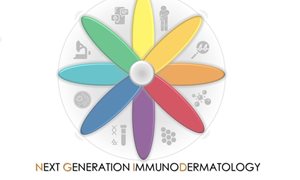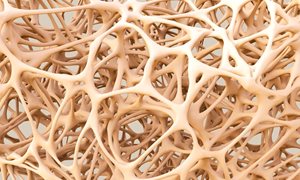21 April 2020
The elderly have a higher chance of becoming seriously ill as a result of the coronavirus. Also, if infected, they are more at risk of dying from the infection. There is currently no vaccine against the coronavirus, and no other way of protecting the elderly from infection. However, previous research shows that the BCG vaccine protects not just against tuberculosis, but that it can also increase people’s immunity to other viruses.
Scientific research
It is unclear whether the BCG vaccine can also provide some level of protection from the coronavirus. The aim of this study is therefore to find out whether it does. The study should answer the question whether the BCG vaccine provides protection from the coronavirus and/or whether it reduces the severity of the symptoms in the elderly. This is the second study carried out by the Radboud university medical center and UMC Utrecht into the effect of the BCG vaccine on the coronavirus. The first study focused specifically on healthcare workers, whereas this study focuses exclusively on the elderly.
The vaccine
BCG is the most widely administered vaccine in the world and is used in many countries to prevent tuberculosis. For this study, the hospitals will obtain the BCG vaccine directly from the Dutch National Institute for Public Health and the Environment (RIVM). The study will therefore not affect the availability of the vaccine for regular use by the municipal public health service (GGD) in the Netherlands. Participants in the study must be aged 60 or older.

The elderly have a higher chance of becoming seriously ill as a result of the coronavirus. Also, if infected, they are more at risk of dying from the infection. There is currently no vaccine against the coronavirus, and no other way of protecting the elderly from infection. However, previous research shows that the BCG vaccine protects not just against tuberculosis, but that it can also increase people’s immunity to other viruses.
Scientific research
It is unclear whether the BCG vaccine can also provide some level of protection from the coronavirus. The aim of this study is therefore to find out whether it does. The study should answer the question whether the BCG vaccine provides protection from the coronavirus and/or whether it reduces the severity of the symptoms in the elderly. This is the second study carried out by the Radboud university medical center and UMC Utrecht into the effect of the BCG vaccine on the coronavirus. The first study focused specifically on healthcare workers, whereas this study focuses exclusively on the elderly.
The vaccine
BCG is the most widely administered vaccine in the world and is used in many countries to prevent tuberculosis. For this study, the hospitals will obtain the BCG vaccine directly from the Dutch National Institute for Public Health and the Environment (RIVM). The study will therefore not affect the availability of the vaccine for regular use by the municipal public health service (GGD) in the Netherlands. Participants in the study must be aged 60 or older.
-
Want to know more about these subjects? Click on the buttons below for more news.
Related news items

The future of laboratory animal research More attention to living conditions of laboratory animals
16 May 2022 On May 9, a meeting took place at the Radboudumc as a result of the launch of the Dutch Transparency Agreement on Animal Testing. The Radboudumc is one of the twenty signatories and has thus committed itself to openly and transparently communicate its vision and policy with regard to animal testing. go to page
Large NWA ORC grant awarded for national skin research: Next Generation ImmunoDermatology
23 March 2022Research for better treatment methods for chronic skin diseases.
go to page
Researchers grow most lifelike bone organoid to date Greatly increasing our understanding of bone formation and bone diseases
9 March 2021 Researchers from Radboudumc and Eindhoven University of Technology have interwoven various bone cells into an 'organoid' that can independently make new, hard bone tissue. It’s the most complete 3D model of bone formation to date. Peaked your interest? Read more! go to page


